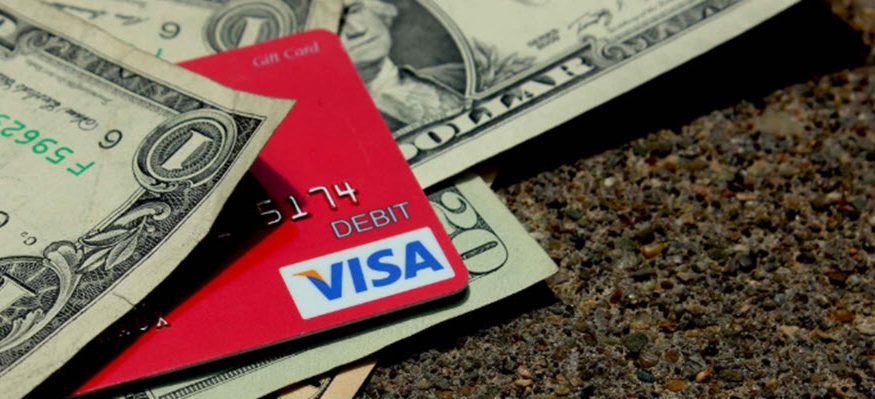Understand Debit Cards And Their Benefits
Using your own money
When you’d like all the conveniences of a credit card, without the concern of added debt, a debit card comes in handy. However, there are still things to watch out for as you use your debit card.
- How debit cards work
- PIN only debit cards
- Using your debit card online or overseas
- Refunds on debit cards
- Debit card fees and charges
How do debit cards work
When you elect to use your debit card, you’re making purchases directly from your bank account. If you don’t have money in your account, you cannot make the purchase.
Debit cards use money you have. Credit cards use money that you don’t have. Using a debit card helps you prevent the accumulation of debt that you’ll have to repay at a later date.
The most common kind of beginner’s debit card to have is an ATM card (automated teller machine). You can use this card to withdraw money from an ATM to make purchases. You might have to provide a personal identification number (PIN) in order to withdraw money or make your purchases.
Cash withdrawal
Some retailers will offer “cash back” options when you make a purchase with your debit card.
Some debit cards also have protection from unauthorized or fraudulent online transactions, as long as you report them to your bank in a timely manner.
Contactless payments using a debit card
Finally, US banks are starting to offer contactless cards. Most English speaking countries such as Australia, Canada and the UK have contactless debit cards widely adopted.
Using your debit card online or overseas
Use caution when you elect to make purchases with your debit card overseas and shopping online. Unlike credit card fraud, if you have an amount stolen directly from your personal funds, you may have to wait a while before getting your refund.
You’ll also need to notify your bank of your intentions to use your card internationally. If not, you may find that your bank will not authorize any payments during your travels.
Find out more about protecting your card while shopping online.
PIN only debit cards
Problems with your debit card PIN
If you have forgotten your PIN, or don’t have one, call your bank or card issuer to help set up a new one. Your PIN should be difficult to guess and completely unrelated to any other known information about you. For example, try to refrain from using any digits of your phone number as your PIN, even though it may be easier to remember.
If you have any questions about the security of your PIN, speak to your bank or the company that issued your card.
Refer to unauthorized and mistaken transactions if you find purchases on your card that you cannot account for.
Refunds on debit cards
You may have the right to a refund when you make a purchase and something goes wrong, such as not receiving your purchased goods or finding that you’ve been charged more than once for a transaction.
You can get a refund by asking your bank or card company to get the money back from a retailer or shop. See the terms and conditions of your debit card to determine how you can ask for a refund, or contact your bank or card issuer.
Smart tip: Ask for a refund as soon as you realize something has gone wrong, since there can be limits on the timeframe to make this request.
Debit card fees and charges
You may incur fees for transactions performed at ATMs belonging to other banking institutions (ones apart from the institution that issued your card). Check what fees apply for different types of transactions, including if there’s a money-back feature for using ATMs from other banking institutions.
Retailer surcharges
Sometimes retailers incur surcharges when customers use debit cards, and they elect to pass them on to you. They are required to inform you of those surcharges before you pay, giving you the option to request a different form of payment.
If you typically make a lot of non-cash transactions, debit cards may be worth the consideration. If the card comes with the option to use as a credit card (maybe in the form of an overdraft spending limit), see if you can opt out of that option so you can avoid accumulating any debt.

